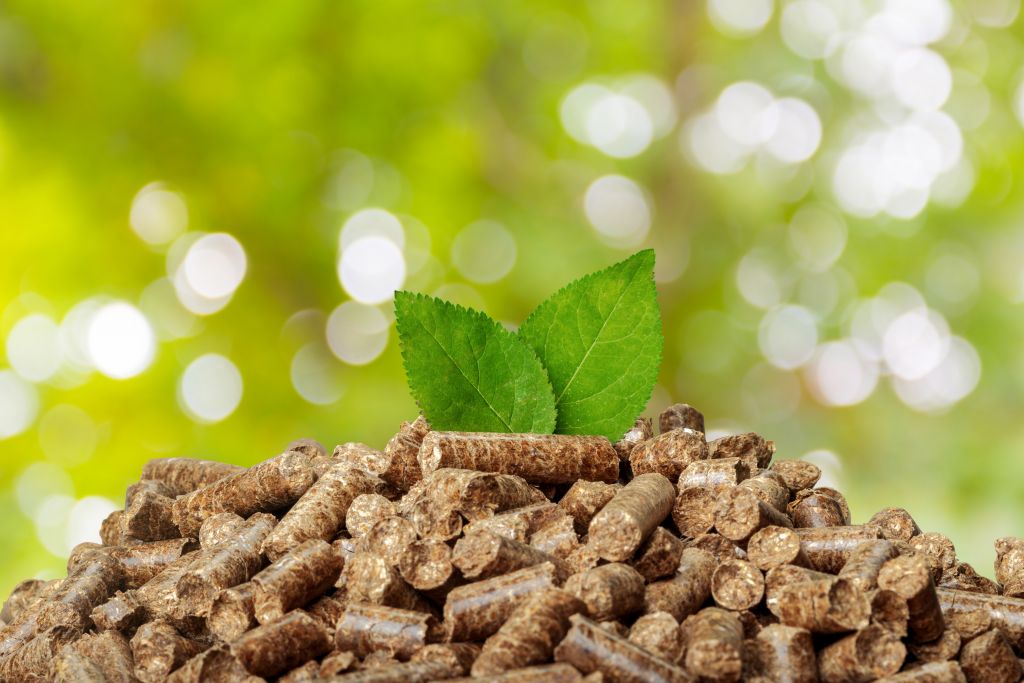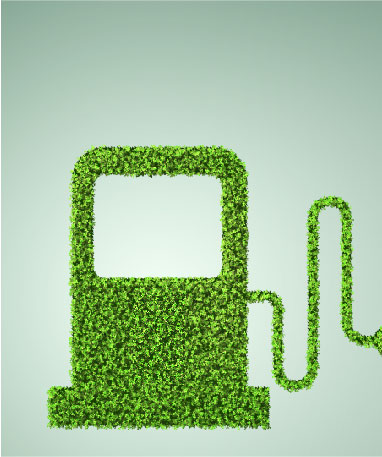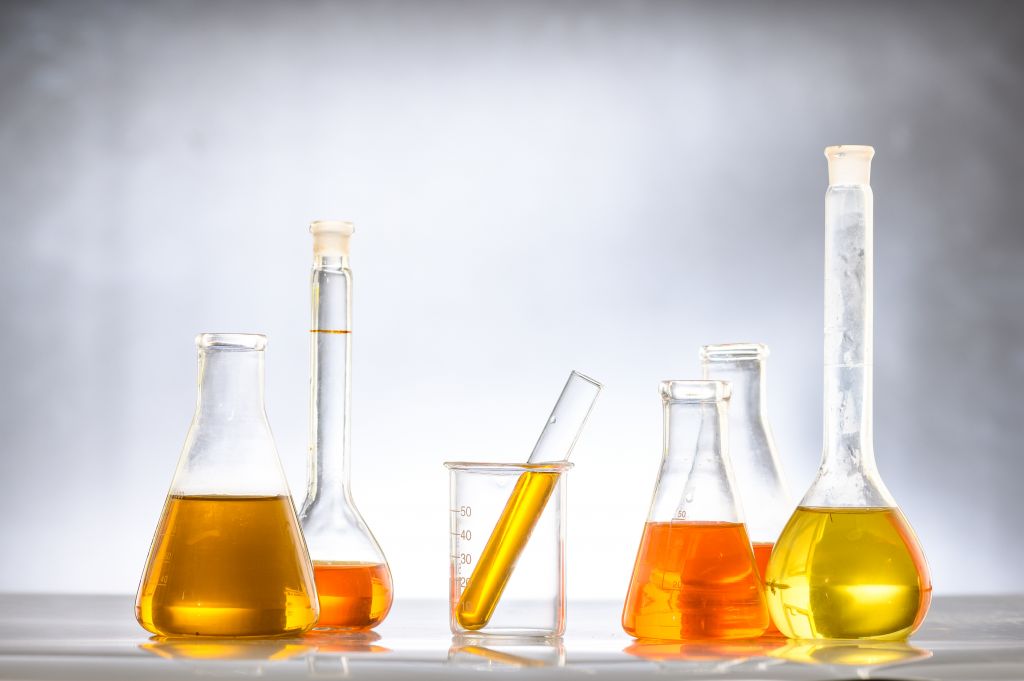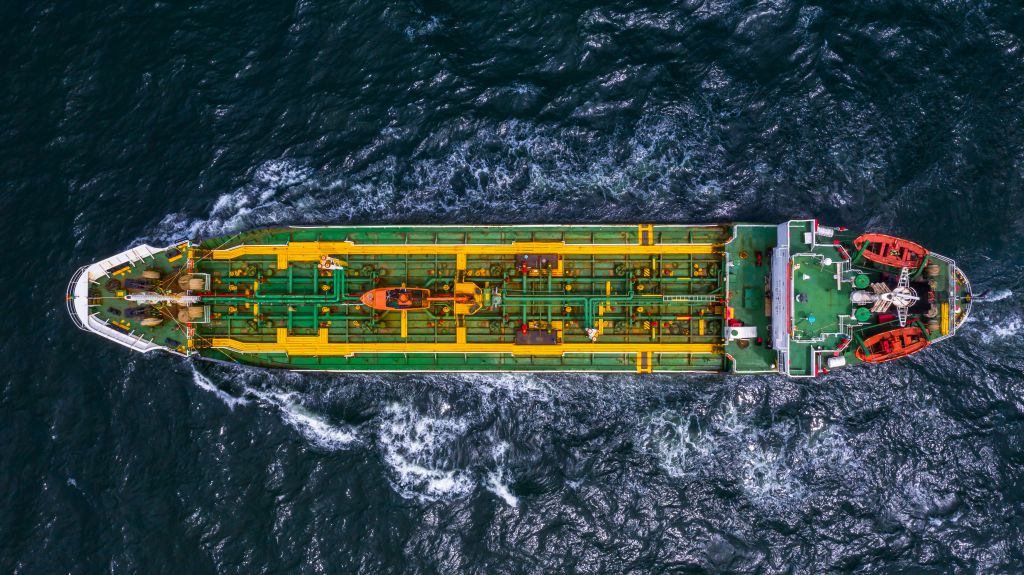WHAT are biofuels?
WHAT ARE THE benefits of biofuels?
How are biofuels made?
Biofuels can be produced in a variety of ways. The underlying idea is to convert something found in nature into an easily burnable substance that can be used by engines in machines such as cars, planes, ships and trains. BL2F will use a product called “Black Liquor“ to make biofuels.
Black liquor is a side-product of the chemical pulping industry which uses trees to make different products. A process called “Hydrothermal Liquefaction (HTL)” will turn this thick black liquor into the starting substance to produce a high-quality fuel to be used in the aviation and shipping industries.
HOW CAN BIOFUELS HELP REDUCE EMISSIONS IN AVIATION AND SHIPPING?
How can bl2f help?
The European Commission expects decarbonisation in transport to take off by 2030 and BL2F will take measures so that the first commercial plant will be operational before that.
If implemented at a large scale the processes developed by BL2F can potentially produce 50 billion litres of biofuel by 2050. The fuel produced will also be ready-to-use by the plane and ship engines, this is called “drop-in” fuel so there is no energy wasted in adapting plane and ship engines for this new fuel.






